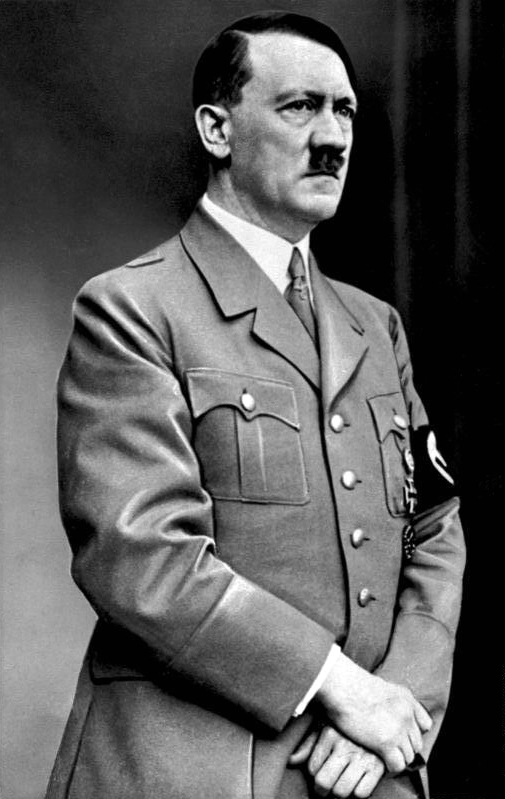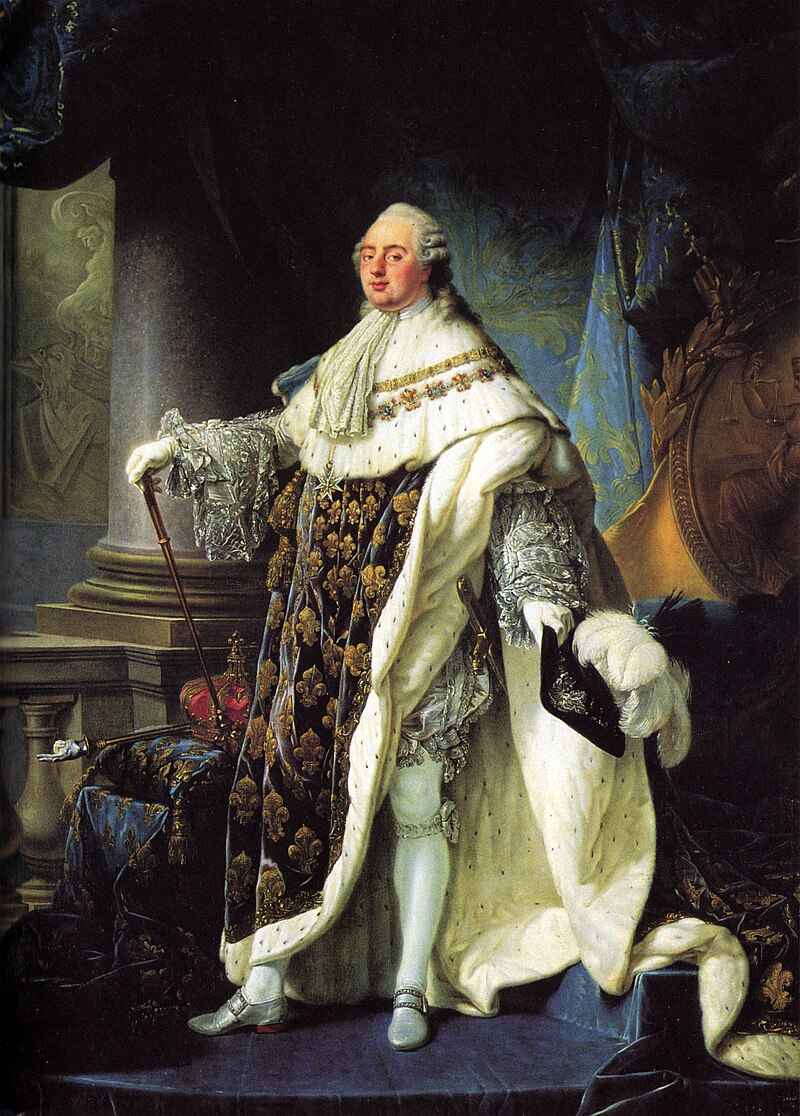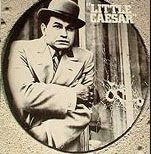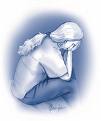Edward Jenner English surgeon.
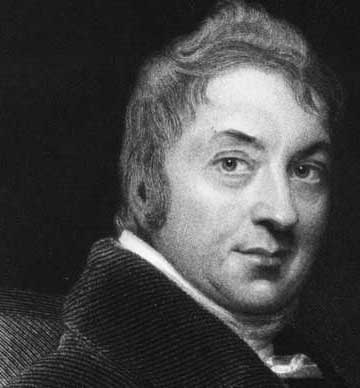
Edward Jenner (born 17 house 1749 in Berkeley, Gloucestershire, Anglia – He died 26 January 1823 year at Berkeley), English surgeon and discoverer of smallpox vaccinations.
Jenner was born in time, as the patterns of British medical practice and education gradually changed. Slowly the split between Oxford trained doctors – or Cambridge – and pharmacists or surgeons – who were much less educated and who acquired medical knowledge through professional practice, not academic work – he was becoming less and less harsh, and hospital work became more and more important .
Jenner was a country youth, the son of a clergyman. Because Edward was only five years old, when his father died, he was raised by his older brother, who was also a clergyman. Edward caught the love of nature, which was left to him for the rest of his life. He attended gymnasium, and in age 13 years he became an apprentice at a nearby surgeon. Over the next eight years, Jenner acquired a solid understanding of medical and surgical practice. After graduation at the age of 21 years he went to London and became a student of John Hunter, who worked in St.. George's Hospital and was one of London's most eminent surgeons. George and was one of the greatest surgeons in London. More importantly, he was an anatomist, first-class biologist and experimenter; not only collected biological specimens, but he also dealt with the problems of the physiology and functioning of the organism.
Strong friendship, which grew between them, lasted until Hunter's death in 1793 year. Jenner couldn't get any stimulus from anyone else, which so strongly confirmed his natural inclinations – Catholic interest in biological phenomena, disciplined observation ability, sharpening critical abilities and reliance on experimental research. From Hunter, Jenner received distinctive advice: “Why think [tj. speculate] – why not try an experiment?”.
In addition to education and experience in the field of biology, Jenner has made advances in clinical surgery. After studying in London in 1770-1773, he returned to rural practice at Berkeley with considerable success. He was capable, dexterous and popular. Besides practicing medicine, he joined two medical groups to promote medical knowledge and wrote occasional medical papers. He played the violin at a music club, he wrote light poems and made many observations as a naturalist, especially on the nesting habits of cuckoos and bird migration. He also collected specimens for Hunter; Many of Hunter's letters to Jenner have survived, but Jenner's letters to Hunter are unfortunately lost. After one love disappointment in 1778 year, Jenner got married in 1788 year.
Chickenpox was widespread in the 18th century, and occasional outbreaks of particular intensity have resulted in very high mortality. This disease, which was then the main cause of death, she did not respect any social class, a in patients, who have recovered, disfigurement was not uncommon. The only way to fight smallpox was with a primitive form of vaccination called variolation – deliberately infecting a healthy person “substance” taken from a patient with a mild disease attack. This practice, originating in China and India, it was based on two different concepts: first, that one attack of smallpox effectively protected against each subsequent one, Secondly, that a person intentionally infected with a mild case of the disease will safely acquire such protection. It was, according to today's terminology, infection “election” – i.e. given to a person in good health. Unfortunately, not always the transferred disease remained benign, sometimes it was fatal. Moreover, the vaccinated person may have spread the disease to others and thus be the focus of infection.
Jenner was impressed with the fact, that person, who had an attack of cowpox – relatively harmless disease, which can be infected from cattle – she couldn't get smallpox, i.e. she couldn't be infected by accidental or deliberate exposure to smallpox. Reflecting on this phenomenon, Jenner concluded, that cowpox does more than just protect against smallpox, but it can be transferred from one person to another as a deliberate protective mechanism.
The history of this great breakthrough is well known. In May 1796 year, Jenner found a young milkwoman, Sarah Nelmes, who had fresh cowpox lesions on her hand. 14 house, using material from Sarah's lesions, vaccinated an eight-year-old boy, James Phipps, who has never had smallpox. Phipps became slightly ill over the next 9 Days, but 10. day he recovered. 1 On July, Jenner vaccinated the boy again, this time a substance against smallpox. No disease developed; security was full. W 1798 Jenner years, after adding more cases, he privately published a small book called An Inquiry into the Causes and Effects of the Variolae Vaccinae.
The reaction to the publication was not immediately favorable. Jenner traveled to London in search of volunteers for vaccinations, but during his three-month stay, he was not successful. In London, vaccination became popular thanks to the activities of other people, especially surgeon Henry Cline, to whom Jenner gave part of the vaccine, and doctors George Pearson and William Woodville. Difficulties arose, some of them quite unpleasant; Pearson tried to take Jenner's merits away, a Woodville, a doctor in a hospital for smallpox patients, contaminated the cowpox substance with the pox virus. However, the vaccine quickly proved its worth, and Jenner began to promote it intensively. The procedure spread rapidly in America and Europe, and soon it was spread all over the world.
There were many complications. Vaccination seemed simple, but a huge number of people, who practiced them, did not necessarily follow Jenner's recommended procedure, and deliberate or unconscious innovation has often undermined effectiveness. A clean cowpox vaccine has not always been easy to obtain, it was also not easy to store and pass on. Moreover, the biological triggers of immunity are not yet known; a lot of information had to be gathered and a lot of mistakes had to be made, before a fully effective procedure could be developed, even on the basis of empirical research.
Despite mistakes and occasional harassment, smallpox mortality has decreased. Jenner has received worldwide recognition and many honors, but he did not try to get rich with his discovery and spent so much time on the vaccination issue, that his private practice and personal affairs had suffered severely. Parliament voted the sum for him 10 000 pounds in 1802 year and the next sum 20 000 pounds in 1806 year. Jenner not only received honors, but it also aroused opposition and was the object of attacks and slander, nevertheless, he continued his work on vaccination. His wife, she has tuberculosis, died in 1815 year, and Jenner withdrew from public life.

